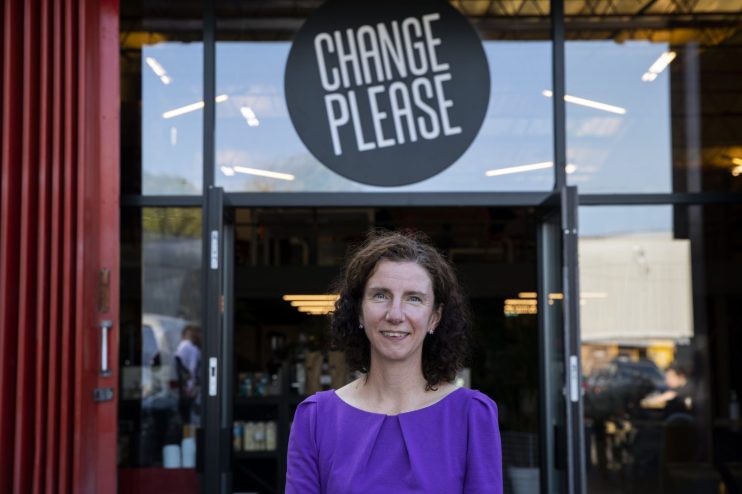Labour’s Anneliese Dodds says Brexit deal looks ‘thin as gruel’

Shadow chancellor Anneliese Dodds has said any Brexit trade deal looks like it will be “thin as gruel” as negotiations start again online today.
Dodds, who is a former MEP and an ardent Remainer, said today that a potential UK-EU trade deal “looks like it’s going to be very thin from the whispers we’ve heard and clearly that will have a significant impact”.
Her comments come as Irish Prime Minister Micheal Martin has said today that the outlines of a Brexit trade deal may be visible by the end of the week.
Speaking to a Reuters online event, Dodds said UK negotiators should have included more sectors of the economy in the trade talks, including financial services.
“I’ve felt at times [any deal] is going to be as thin as gruel,” she said.
“The Conservatives promised previously they would get that deal that would preserve jobs in the UK and support businesses…and initial signs aren’t positive in that direction.”
Trade talks between the UK and EU are continuing on Zoom today, after a member of the EU negotiating team tested positive for Covid-19 in Brussels last week.
Barnier tweeted today: “After technical discussions this weekend, negotiations continue online today with [UK negotiator] David Frost and our teams. Time is short.
“Fundamental divergences still remain, but we are continuing to work hard for a deal.”
Pound sterling is up against the US dollar and the euro today as traders back some sort of deal being finalised soon.
Time is running short for both sides to close a deal before the UK leaves the EU’s single market and customs union on 31 December.
Talks remain deadlocked, with state subsidy regulations, which are a part of the level playing field talks, and fisheries the largest barriers to a deal.
Before the Open newsletter: Start your day with the City View podcast and key market data
Positive movement
Speaking to reporters in Dublin today, Martin was optimistic a deal could be almost done by the end of the week.
“President Ursula Von der Leyen did say to the EU leaders last Thursday night that there are texts now on all areas,” he said.
“I would be hopeful that by the end of this week we could see the outline of a deal.
“That remains to be seen. It’s down to political will. One must remain hopeful that a deal can be arrived at.”
Boris Johnson is still self-isolating due to his exposure with Covid, however he will be able to leave Downing Street on Thursday.
This has prompted speculation that he could make an impromptu trip to Brussels this week to potentially meet with Von der Leyen and sign off on a deal.
However, Downing Street is still bullish about walking away from talks if need be.
A Number 10 spokesperson said last week: “The Prime Minister set out that the weekend that he is keen to secure a deal with the EU, but not at the cost of our core principles of sovereignty.
“Significant issues do remain, particularly around fisheries and the so-called level playing field.”
Regulatory forum post-Brexit
Any post-Brexit free trade agreement is expected to include a commitment to create a forum for regulators in Britain and the EU to meet regularly, which the financial sector sees as crucial to avoiding clashes that would slam shut the door to cross-border access.
Having such a “structured regulatory dialogue” would provide a good base to build on, said Chris Cummings, chief executive of the Investment Association, a trade body for fund managers.
“The worst thing in the world would be no political agreement, no regulatory agreement and hard barriers,” Cummings said.
Compared with other parts of the financial sector, the funds industry has emerged relatively unscathed from Brexit, with the EU allowing asset managers in Britain to continue picking stocks for funds based in the bloc from January.
Sheila Nicoll, head of public policy at asset manager Schroders, said it would take time to rebuild trust between British and EU financial regulators if there was no FTA.
Asset managers were already concerned about stock markets fragmenting in Europe because Brussels has yet to allow cross-border share trading from January, she said.
“You don’t want to cut off liquidity for political reasons,” Nicoll said.